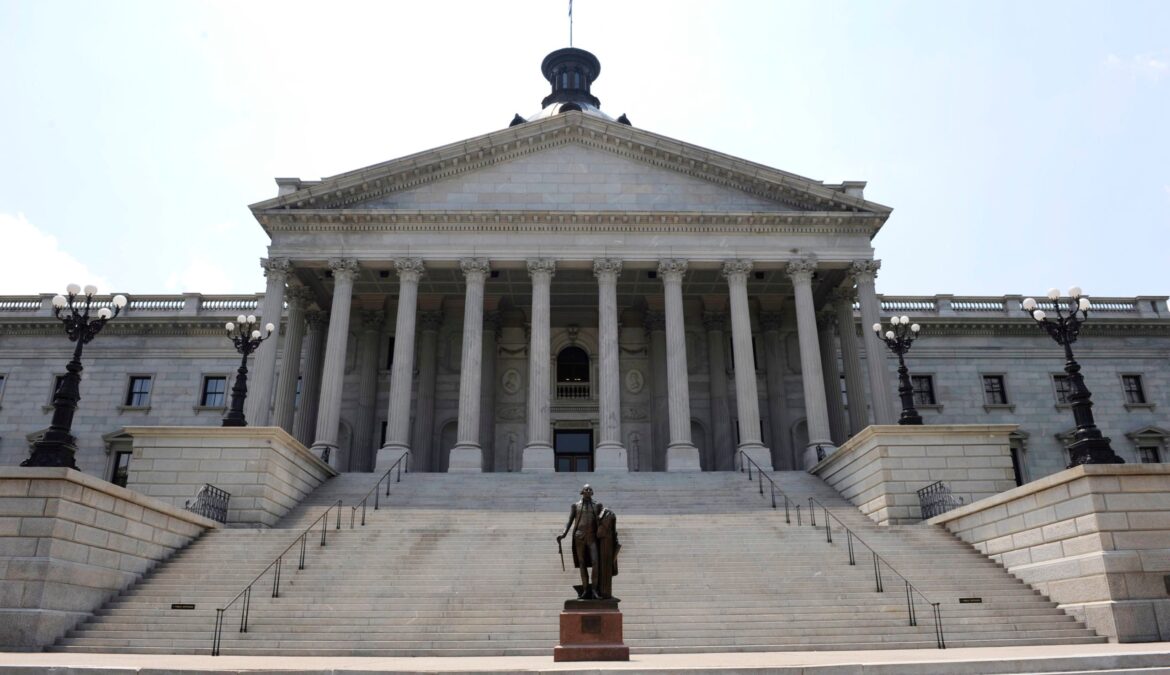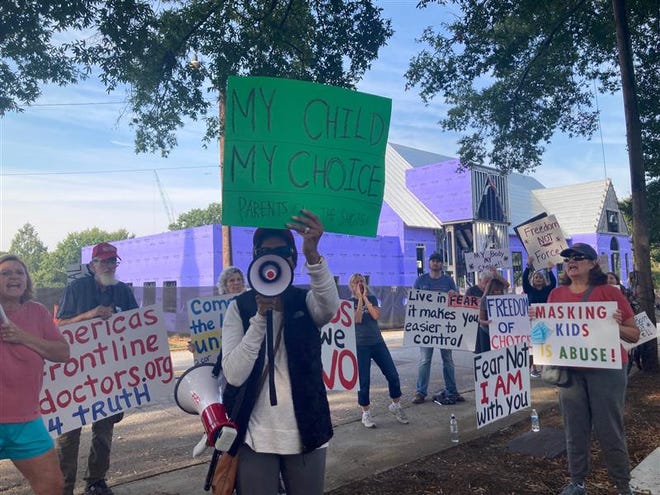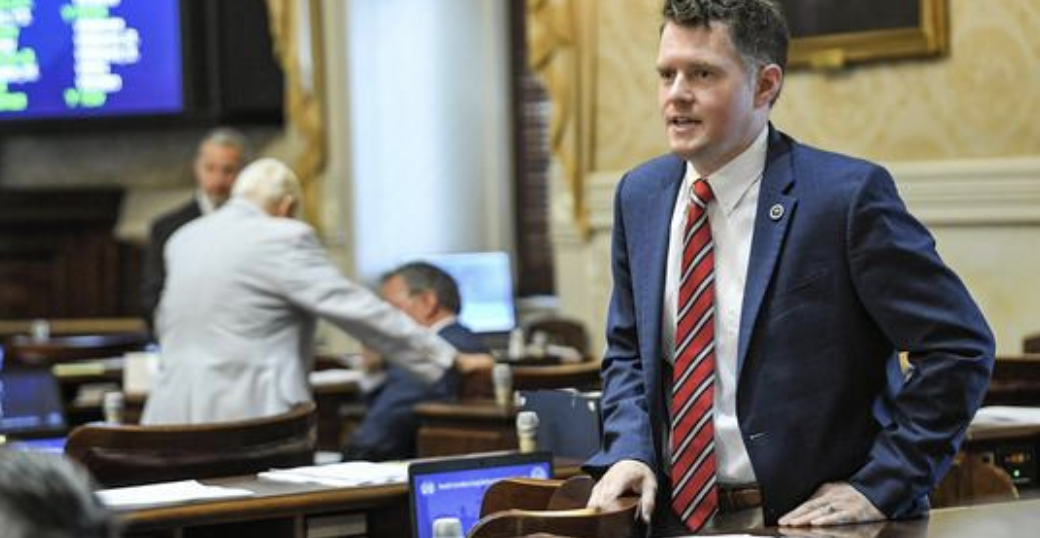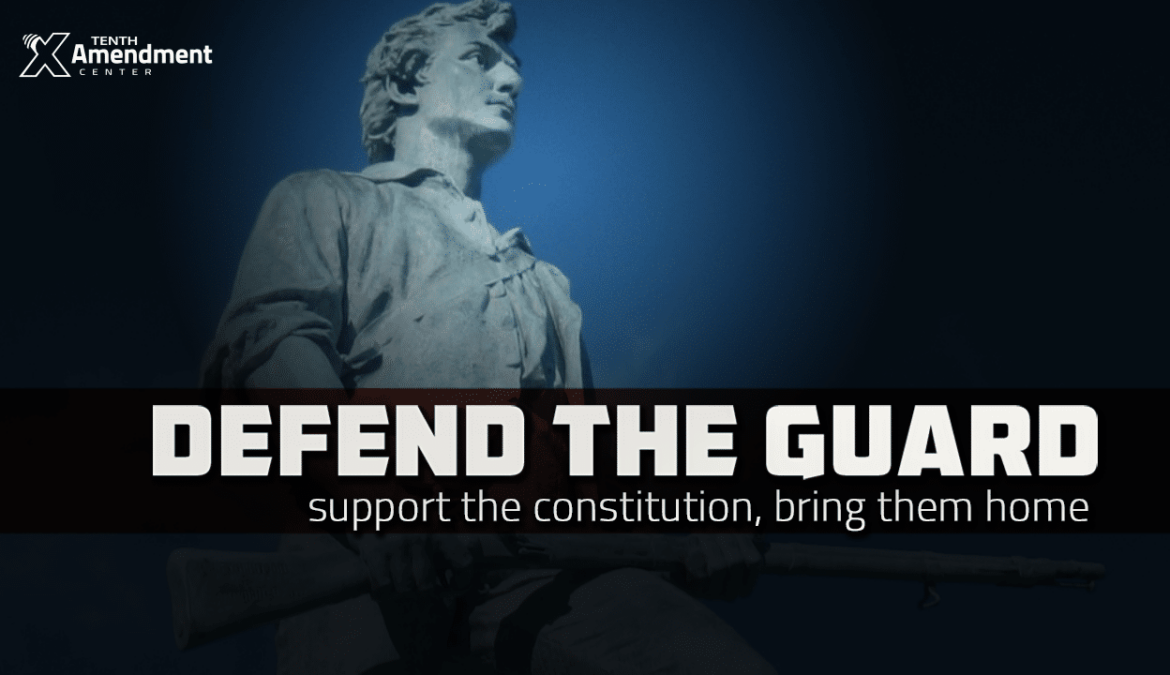From the Daily Caller:
MICHAEL GINSBERG
CONGRESSIONAL REPORTER
December 09, 2021
More than 300 members of state legislatures around the country have signed onto a letter calling for President Joe Biden to end his COVID-19 vaccine mandate.
The letter, first circulated by South Carolina State Rep. Stewart Jones to other members of the South Carolina Republican Party, has been signed by elected officials representing 42 states. It will be submitted to the White House on Thursday, Jones told the Daily Caller in an interview.
“I’ve been writing these letters for various issues, and it’s incredible to see the impact,” Jones said. He noted a previous campaign culminating in the South Carolina School Board Association leaving the National School Board Association (NSBA) over a letter calling on the Biden administration to consider terrorism charges against individuals participating in local school board meetings. (RELATED: Majority Of School Board Associations Have Distanced Themselves From National Organization)
“Last month, I got the state out of the NSBA with a letter, and this month we’ve been sending Biden this letter, and it’s grown. We passed it around to a couple states, and they sent it to some other members,” he explained.
Jones did not intend to seek signatures on a national level, he said, but a Kansas lawmaker saw the letter and circulated it to representatives in other states. He suspects that a broad interest in American constitutional principles made the letter more appealing to other representatives.
“There’s really something there, taking back the idea of federalism, like the Founders intended,” Jones said. “A lot of it goes back to precedence in the courts. 1905, Jacobson v. Massachusetts went to the Supreme Court, and that was about the policing powers of the states. This is a state issue, and I think the majority of states would strike a mandate down.”
The letter notes that courts at the federal level have already begun to strike down the mandates. The Fifth Circuit Court of Appeals upheld a District Court block of the mandate targeting private businesses in November, while a District Court judge on Tuesday blocked a mandate targeting federal contractors.
South Carolina is currently considering a bill that would ban private, as well as public, vaccine mandates.
COLUMBIA, SC – JUNE 24: A sculpture of George Washington stands infront of the State Capitol Building before South Carolina Gov. Mark Sanford held a press conference at the State Capitol June 24, 2009 in Columbia, South Carolina. (Photo by Davis Turner/Getty Images)
The Senate also passed a bill Wednesday night as part of the Congressional Review Act that would overturn the mandate, but it is unlikely to become law. Democrats Joe Manchin of West Virginia and Jon Tester of Montana voted with all 50 Republicans in support of the bill.
Jones said that he has heard from some Democrats, in addition to Republicans, who support his efforts.
“People are very supportive for the most part,” he explained. “Back in May, I was able to put a lot of amendments in our state budget, banning masks in K-12, masks in colleges. I’ve been fighting against COVID tyranny since March 2020.”
“It’s primarily been Republicans, but there are a lot of Democrats out there that have come up to me and said they support what I’m doing 100%. They really think they should have the ability to choose.”
Read article here: https://dailycaller.com/2021/12/09/stewart-jones-state-representatives-south-carolina-vaccine-mandate-joe-biden/










